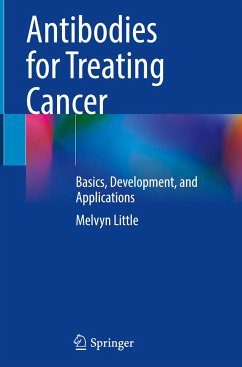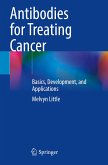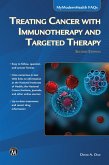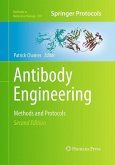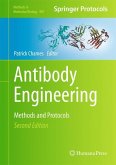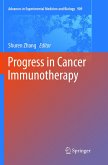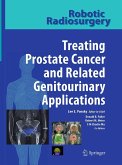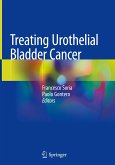This book presents a compact overview of the history, evolution and fascinating novel applications of antibodies for the treatment of cancer, leading the reader step by step to the latest advances. Interesting anecdotes, together with self-explanatory and clearly structured figures with a humorous touch, facilitate the reader's understanding of this complex topic. Clinical cases round out the book, making it a valuable aid for professionals in their everyday practice.
The growing importance of the topics covered here was highlighted by the joint award of the 2018 Nobel Prize in Chemistry to Frances H. Arnold (directed evolution of enzymes), George P. Smith (phage display of peptides) and Sir Gregory P. Winter (phage display of antibodies). Furthermore, the 2018 Nobel Prize in Physiology or Medicine was awarded to James P. Allison and Tasuku Honjo for their discovery of cancer therapy by inhibition of negative immune regulation. Many of the antibodies that are now being brought to market target precisely these immune checkpoint modulators.
The book addresses a broad readership, ranging from professionals and experts in the field to residents and medical students.
The growing importance of the topics covered here was highlighted by the joint award of the 2018 Nobel Prize in Chemistry to Frances H. Arnold (directed evolution of enzymes), George P. Smith (phage display of peptides) and Sir Gregory P. Winter (phage display of antibodies). Furthermore, the 2018 Nobel Prize in Physiology or Medicine was awarded to James P. Allison and Tasuku Honjo for their discovery of cancer therapy by inhibition of negative immune regulation. Many of the antibodies that are now being brought to market target precisely these immune checkpoint modulators.
The book addresses a broad readership, ranging from professionals and experts in the field to residents and medical students.

